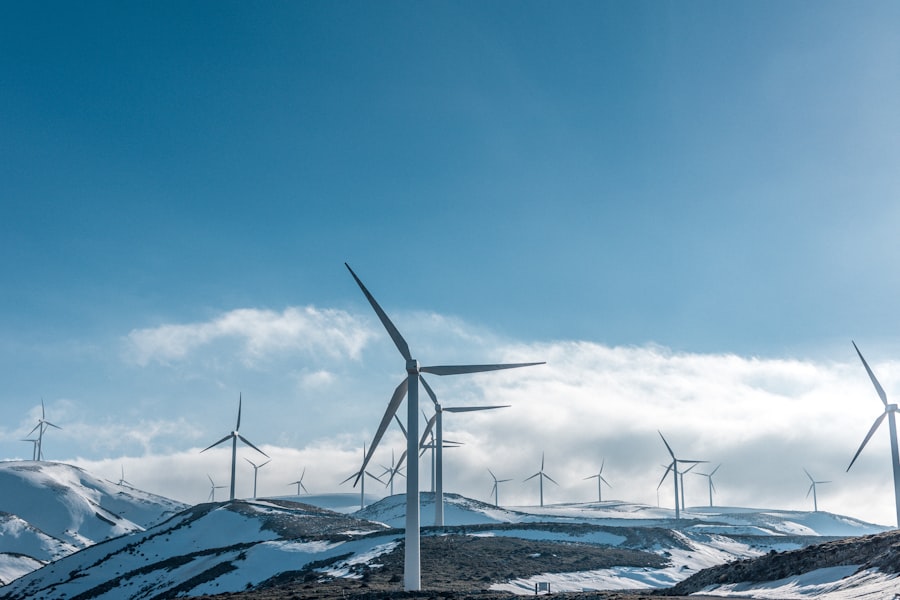
Germany and Norway Join Forces to Advance Clean Energy Solutions
Germany and Norway have agreed to cooperate more closely in energy policy. According to the agreement, a large infrastructure for importing hydrogen into Germany will be created by 2030. The two countries are also looking into the feasibility of building a large hydrogen pipeline and transporting carbon dioxide from Germany to Norway. In addition, they have agreed to work together on microelectronics and offshore wind power.
The Benefits of Renewable Energy
Renewable energy sources, such as solar, wind, geothermal and hydroelectric, offer a number of environmental and economic benefits. Renewable energy is considered clean energy because it produces little to no emissions that can contribute to climate change. Additionally, renewable energy sources are typically more cost-effective than traditional sources of energy in the long-term due to their low maintenance costs and ability to generate power without the need for fuel. Furthermore, renewable energy has become increasingly accessible due to new technologies that allow for small-scale production and installation. By investing in renewable energy sources, we can reduce our dependence on fossil fuels while improving air quality and reducing our impact on the environment.You might also like this article: AgTech startup investor from Minato: SBI Investment. Picture source: Jason Blackeye